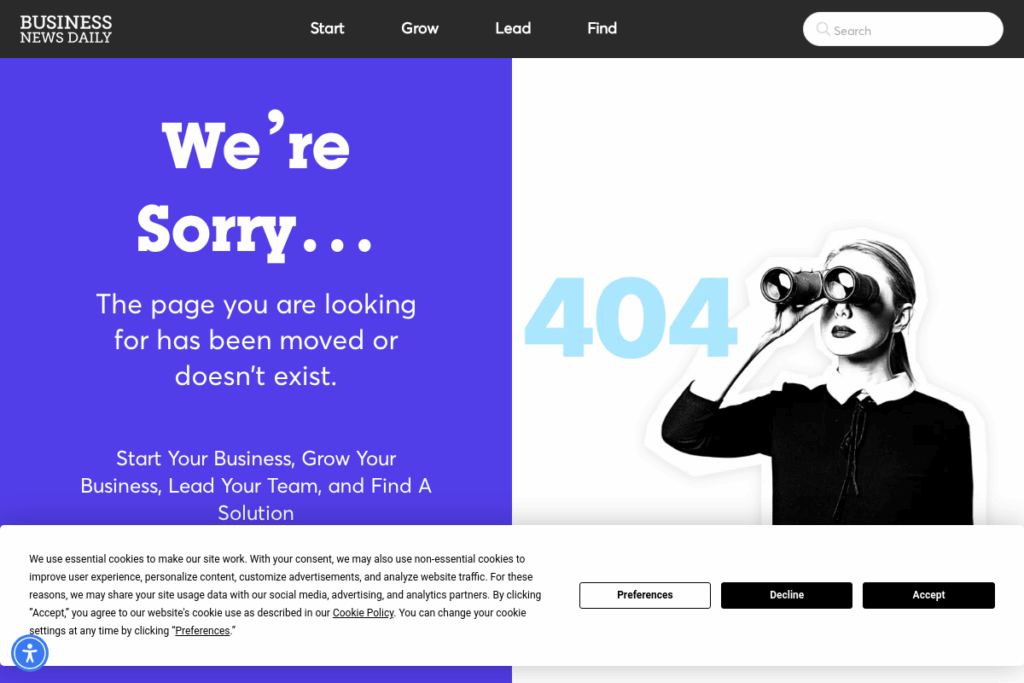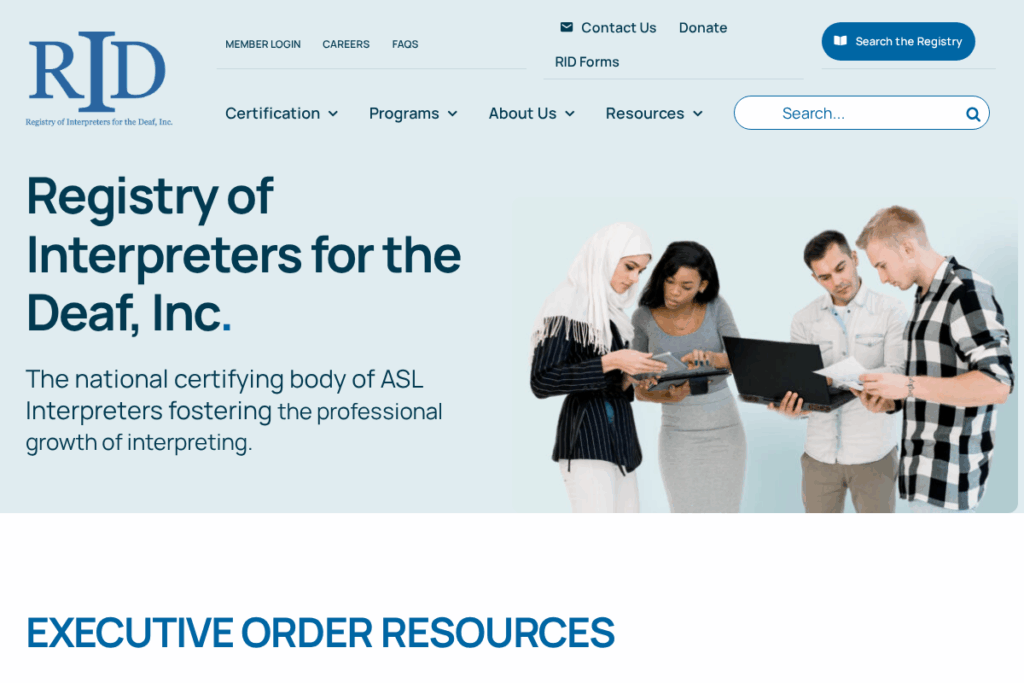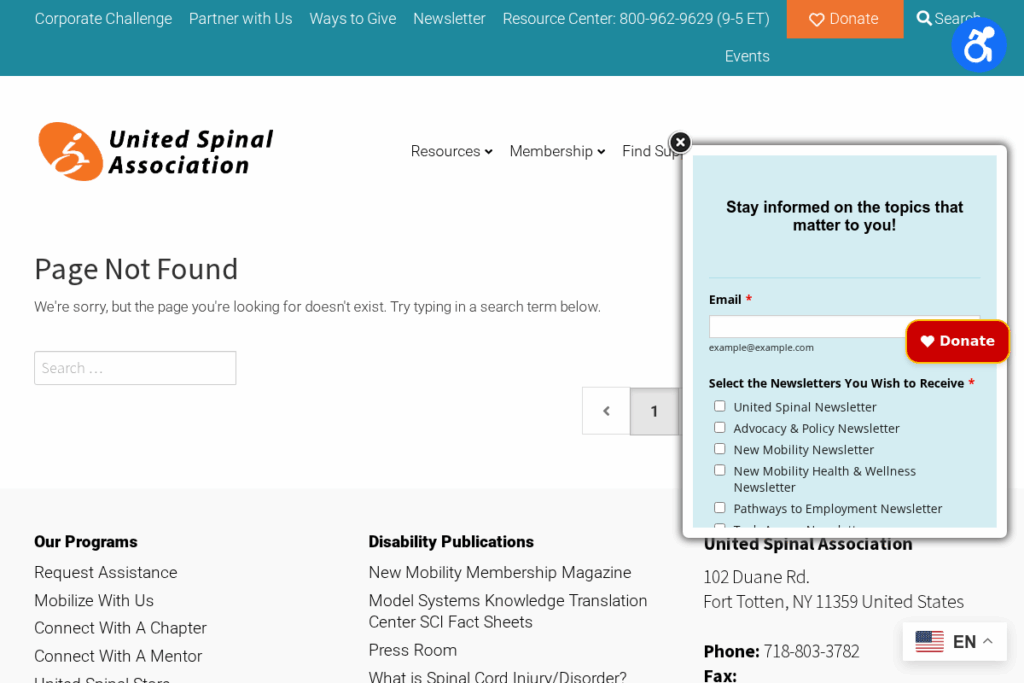
Finding the right job or side hustle can be both empowering and financially rewarding for the Deaf community. Thanks to evolving technology, remote work, and a greater emphasis on accessible workplaces, a wide variety of options are available that highlight individual skills and creativity. Here’s a practical look at side hustles and money-making opportunities that are particularly well suited for Deaf people today.
Freelance Writing and Content Creation
Written communication is a powerful tool, and the digital economy thrives on fresh content. Deaf individuals often excel in writing, storytelling, or content editing roles where strong language and organizational skills are key. Websites like Upwork and Freelancer regularly feature jobs for writers, transcribers, and editors. Blogging, copywriting, and digital marketing also offer flexible schedules and remote opportunities. Many Deaf creators have built audiences by sharing experiences and insights, especially around accessibility and inclusion, opening doors to sponsored posts and partnerships as well. Platforms like Forbes highlight success stories from Deaf freelancers making waves online. This path leverages written skills and connects you to global audiences, minimizing communication barriers and allowing you to work at your own pace.
Craft and Art Businesses

If you are artistic or enjoy working with your hands, creating crafts or artwork can be a profitable side hustle. Deaf entrepreneurs have thrived in this space, producing everything from custom jewelry to ceramics and paintings. Platforms such as Etsy and local craft fairs make selling handmade items accessible and rewarding. Start-up costs are low, and your work can stand out with unique branding and creative marketing. Many find inspiration or expertise through craft business ideas, which provide step-by-step guides tailored to beginners. You can also tap into resources such as Business News Daily for additional tips on starting a venture. This option allows you to showcase your creativity, set your own rules, and build a loyal customer base using social media or e-commerce platforms.
Remote Technology and IT Roles

The tech sector continues to welcome talent from all backgrounds, including Deaf professionals. Remote opportunities abound for web developers, graphic designers, QA testers, and IT support staff. Many companies use text-based platforms and collaboration tools, making these jobs highly accessible. Certification in coding or design tools is available from leading platforms like Coursera or freeCodeCamp, which offer online, self-paced learning. According to CNBC, tech certifications can quickly boost your qualifications for in-demand roles. Some Deaf tech professionals even start their own businesses designing websites or mobile apps. Remote tech jobs often reward skill and results rather than traditional communication norms, making them ideal for blending flexibility with stability.

Entrepreneurship and Unique Side Hustles
Starting your own business lets you play to your strengths, control your income, and create solutions tailored to your community. For Deaf people, entrepreneurship can include launching shops, consulting, teaching, or finding unique business ideas that highlight lived experience. According to SHRM, employers and customers increasingly value services and goods designed with accessibility in mind. Many Deaf entrepreneurs apply creativity and cultural insights to build businesses, organize events, or advise organizations on accessibility best practices. From online ASL tutoring to accessible design consulting, niches are growing with high earning potential. Community organizations and programs also exist to fund and mentor Deaf-owned start-ups, expanding possibilities even further.
Education and Interpretation Services

The demand for language professionals remains high. Deaf people with strong skills in American Sign Language (ASL) or other visual languages can teach classes, tutor students online, or provide valuable interpretation services. Schools, businesses, and community events often seek Deaf instructors for authentic language learning experiences, and platforms like Hearing Like Me showcase pathways in this area. Additionally, remote tutoring through video chat brings flexible schedules and direct connections with learners around the world. For those interested in teaching or interpreting, completing certifications can expand your reach and professional standing, as recommended by organizations such as RID. Education roles allow you to empower others, reinforce accessible learning, and provide crucial services in your own community.

Advocacy, Accessibility Consulting, and Social Media
Advocacy and consulting work are areas where Deaf people can transform lived experience into side income and societal impact. Companies and organizations want expert input on accessibility standards, communications, and event planning. Many hire independent consultants or part-time specialists to review digital content or train staff in best practices. You can also leverage a strong social media presence by sharing tips, product reviews, or life-as-Deaf stories with a wide audience. Drawing inspiration from Deaf creators raising awareness and changing the conversation through platforms like TikTok and Instagram, you may be able to secure partnerships, sponsorships, or paid collaborations. Some Deaf advocates combine consulting with content creation for multiple income streams and community growth.
Customer Service and Administrative Work

Many customer service and admin roles now accommodate remote work, relying on text chat, email, or web-based ticketing tools for daily tasks. Deaf workers excel in these positions where clear written communication and attention to detail are valued. Companies are increasingly adopting inclusive policies and technology like live chat, meeting captioning, and visual workflow systems, spotlighting the importance of accessible workplaces as described in ADA employment guidelines. Additional resources, including AbleThrive, offer curated job boards and supportive communities. Administrative side hustles can involve data entry, virtual assistance, scheduling, or email handling and provide stable, flexible income alongside other pursuits.
Conclusion: The landscape of jobs and side hustles for Deaf people is broad, empowering, and continually evolving. Digital tools and growing awareness of accessibility open doors in writing, tech, crafts, consulting, teaching, and administrative work. Take time to explore your talents and interests—the right financial opportunity can enrich your independence and creativity while contributing to a more inclusive economy.

